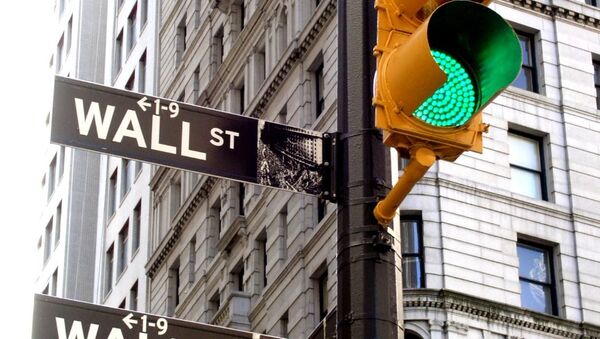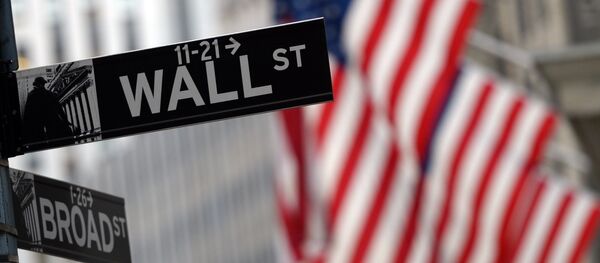Investors are excessively optimistic of the US economy due to the rebound in corporate earnings in 4Q16. However, the sustainability of the US economy will be revealed this week as reports on consumer demand are due.
While the growth for 2016 was 1.6pc compared to that of 2.6pc in 2015, the record-setting gains on Wall Street are lacking substantial grounds, aside of the high expectations of tax cuts and greater budget spending, as promised by the new White House administration. The expected deregulation of the economy, most prominently, its banking sector via the likely replacement of the Dodd-Frank with the Republican-proposed and more business-friendly CHOICE Act, is another factor driving brightened investor sentiment and business activity.
Yet, with all this optimism and expansion in capitalisation of US enterprises, there is currently little data from the real economy to show for it. For now, only the robust recovery in corporate earnings supports the projections of further expansion, outweighing the risks associated with the uncertainties surrounding the forming Trump administration.
"The big accelerator to this in the US was the election which just pushed investors even further in the direction of believing that rather than face a recession it would be continued economic recovery," Paul Quinsee of JPMorgan Asset Management said.
The current projections for 1Q17 US growth stand at 2.4pc year-on-year, according to the data by Federal Reserve Bank of Atlanta. Yet, the Atlanta Fed is notorious for providing excessively optimistic assessments of the US economy, and the real indicator would be this week’s consumer demand data.
The Trump-proposed high customs tariffs on imports might reflect negatively on profits of the nation’s main retailers, such as Wal-Mart, Home Depot, and Macy’s, who are all reporting their past quarter’s earnings this week.
"Does sentiment continue to work higher and eventually pull up actual results or can sentiment only take you so far until you have some follow-through in the real data? Those are the things that will be on our minds," Steve Chiavarone of Federated Investors said.
The fact that the real economy data has recently been lagging behind the data from the financial sector is only a minor concern at this point. Whilst US consumer purchases rose by 0.4pc in January compared to the expected 0.1pc, housing starts dropped 2.6pc, partly due to winter conditions.
With the first quarter of the year traditionally being the weakest for US growth, the current projections are very optimistic.
"In our view, the explosive improvement in economic data on a relative basis has been a major support of the 15pc+ move in equity prices since the election," Bespoke Investment Group said in a note.
All that being said, US manufacturing is still under pressure due to low competitiveness and higher input costs, whilst the construction sector is struggling amidst low consumer demand due to prohibitively high real estate prices and declining availability of credit.
High expectations from the new administration have been driving the Wall Street performance thus far, and unless the Main Street catches up – preferably, before the fiscal stimulus plan is implemented, any too optimistic conclusions of the state of the US economy might prove premature.
Particularly so, given the economy is currently in the downward phase of its 10-year boom-bust cycle, systemic risks have not gone anywhere, and additional caution would not hurt.





